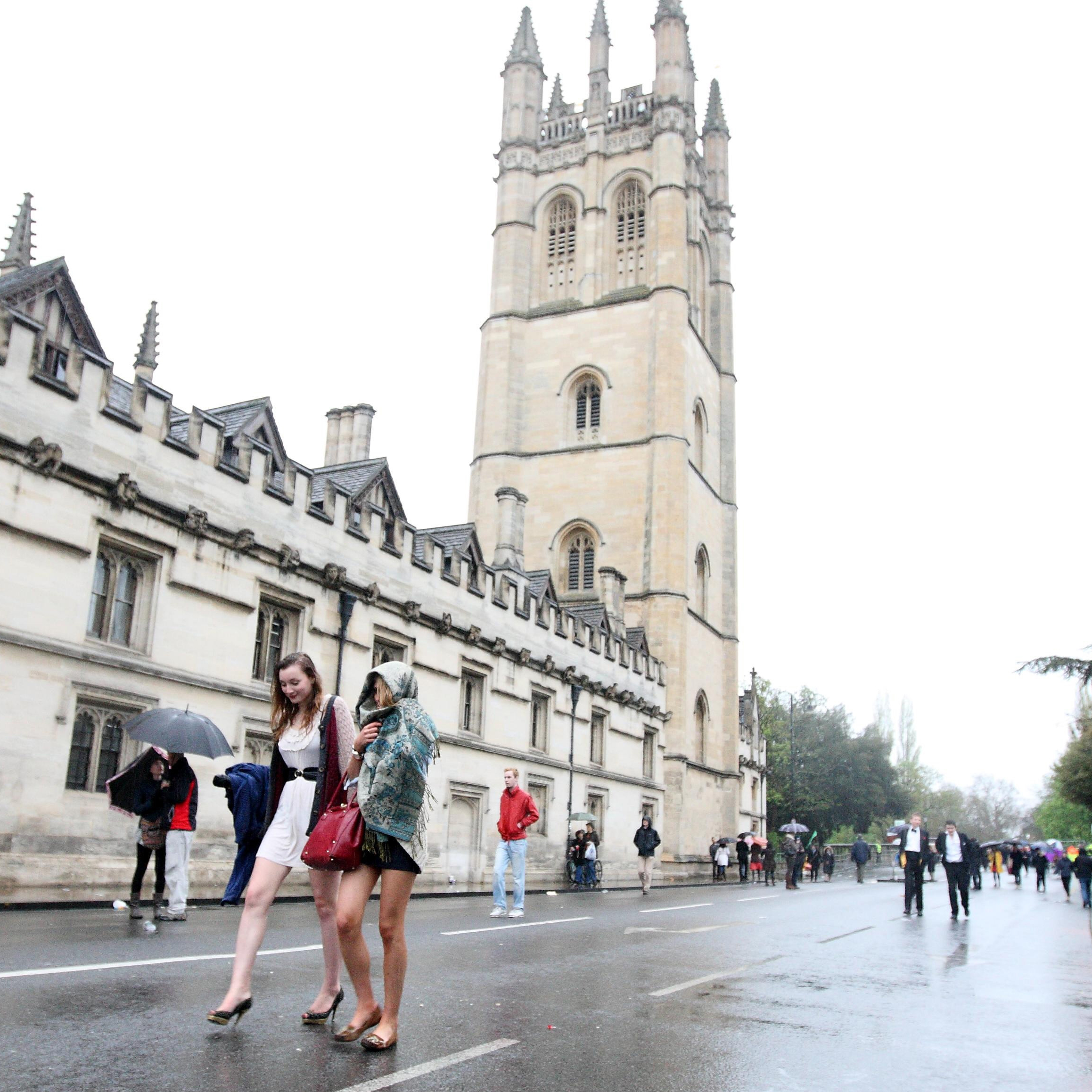 The furore over Michael Reiss’s comments on creationism signify a worrying tendency that is bad for academic freedom and for science, says Steve Fuller
The furore over Michael Reiss’s comments on creationism signify a worrying tendency that is bad for academic freedom and for science, says Steve Fuller
On 16 September, Michael Reiss (pictured) resigned from his post as director of education at the Royal Society in the wake of comments he made the previous week at the annual meeting of the British Association for the Advancement of Science in Liverpool. Reiss observed that science educators should realise that creationism is a widely held worldview among students deserving of respect, even while teachers contested its specifically scientific claims. Although Reiss vacated his post voluntarily, a letter-writing campaign amongst Society fellows was already in place, describing his views as outrageous and calling for his resignation. While some fellows have rallied to Reiss’s defense, they have also tended to blame the media for allegedly twisting his comments to make it appear that he had called for the teaching of creationism as a viable scientific theory. However, and most regrettably, the media figures here merely as a scapegoat, since it is clear that the Reiss’s opponents at the Royal Society truly objected to what Reiss actually said. This last point should be a source of grave concern to those interested in the future of academic freedom.
Reiss turns out to be a man of many parts who is uniquely qualified to pronounce on matters of science education, especially in the context of religious beliefs. He is an ordained minister in the Church of England, a trained biologist, a former science schoolteacher and, most importantly, one of the UK’s foremost researchers in science education — indeed, the holder of a chair at the University of London’s Institute of Education. It is to the great credit of the Royal Society that they hired Reiss in the first place and to their great shame that they have now made his position untenable. Even a cursory examination of Reiss’s comments about creationism makes clear that their spirit was one of ensuring that students are not discouraged from pursuing science merely because they hold creationist beliefs. Without pretending to speak for Reiss, I would suggest that the most natural — and innocuous — interpretation of his remarks is that he concedes at the outset that creationism is unscientific but that it is also believed for more than specifically scientific reasons, which science instructors should treat sensitively, if not with outright respect.
The Royal Society’s statements on this affair reveal that their conception of science education profoundly differs from Reiss’s. Whereas Reiss places the stress on the ‘education’ part of ‘science education’ (ie science as one of several components in the overall education of the person), the Royal Society places the stress on the specifically ‘science’ part (ie science as a competence that can be judged independently of a person’s other competences). From a strictly pedagogical standpoint, Reiss clearly has the upper hand over his former employers. Science education at the primary and secondary school levels should be about persuading students about the value of science to their lives, given that they constitute the ranks from which the next generation of scientists will be recruited, despite lacking any prior exposure to science. This gives the pedagogical advantage to teachers able and willing to argue for the compatibility of creationism and science, even after demonstrating creationism’s scientific errors. Here it is worth recalling two recent concomitant tendencies: affirmations of creationism have grown and science enrolments have declined (outside specifically applied areas).
But behind the Reiss affair lies a deeper problem with the Royal Society’s orientation to creationism, one that only serves to stifle free scientific inquiry. Reiss himself did not raise the matter – perhaps out of tact -but nevertheless it demands comment given the actual wording of the Royal Society’s statement:
Creationism has no scientific basis and should not be part of the science curriculum. However, if a young person raises creationism in a science class, teachers should be in a position to explain why evolution is a sound scientific theory and why creationism is not, in any way, scientific.
The problem here is that what makes a theory ‘scientific’ — creationism or otherwise — is not its basis but rather the uses to which it is put and the handling of their consequences. All theories with the grand explanatory aspirations of creationism or evolutionism are based on worldviews that people have believed for reasons other than their specific scientific payoff. The challenge then for the science educator – especially the science textbook writer — is to demonstrate how such worldviews provide the basis for valid scientific research.
No one seriously doubts that evolutionism has been much more successful than creationism in this task. But the problem here is one of practice not principle. In particular, there is nothing intrinsically un- or anti-scientific about creationist ideas. On the contrary, creationist assumptions, especially when God is understood as an intelligent designer, have deeply informed the history of the science that both theists and atheists continue to promote today. However, generally speaking, the textbooks and modes of instruction employed in the name of creationism have failed to exploit its full scientific potential. Had Reiss remained in post and operated in more liberal institutional environment, he might have come to make just this point.
Steve Fuller is Professor of Sociology at the University of Warwick. He is the author of 15 books, the most relevant of which are Science vs Religion? (Polity 2007) and Dissent over Descent (Icon 2008)





